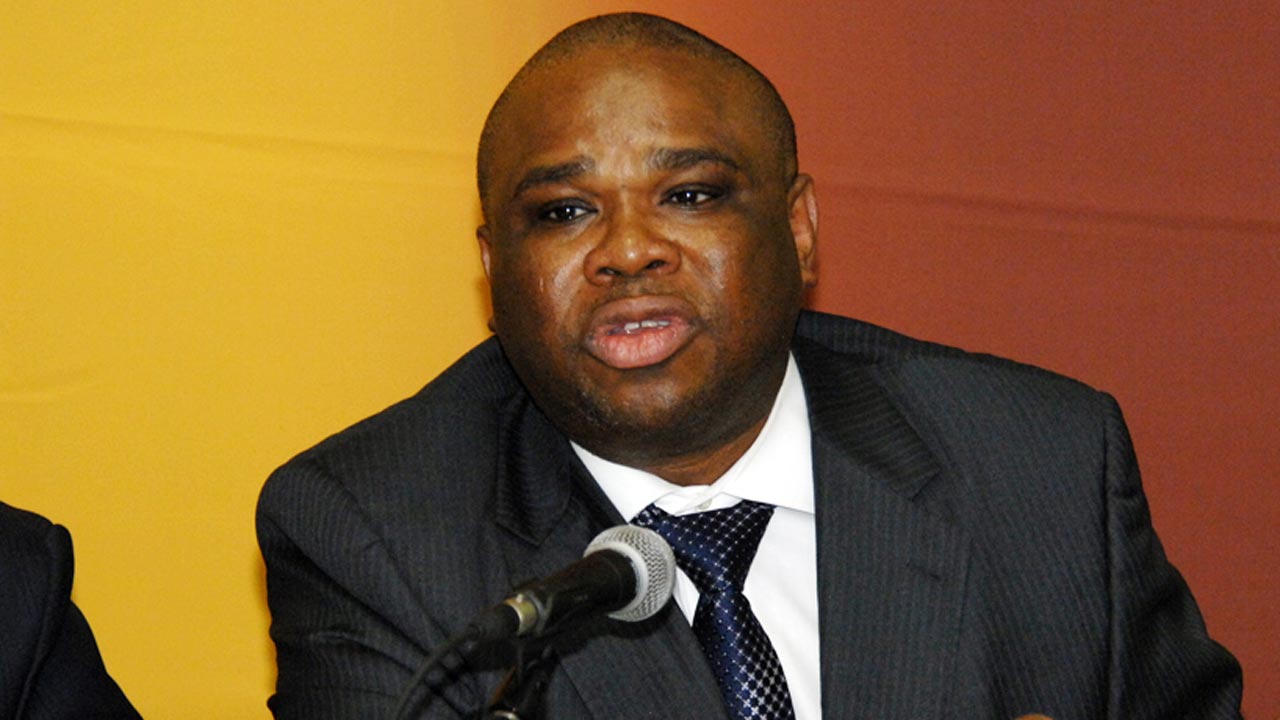- Afreximbank to Unveil Initiative Against Africa’s $50b Illicit Flows
African Export-Import Bank (Afreximbank) has said it would soon unveil an online tracking scheme that would help to fight the perennial illicit financial flows in the continent now estimated at $50 billion yearly.
Tagged: “African Customer Due Diligence Repository Platform”, the regional trade bank said the initiative would provide a centralised source of primary data required to conduct customer due diligence checks on African counterparties.
The platform would also allow subscribers to conduct due diligences at a low cost, thereby decreasing the cost of trade finance in Africa.
The Minister of Finance and Economic Planning of Rwanda, Claver Gatete, at the third yearly Customer Due Diligence and Corporate Governance Forum organised Afreximbank, in Kigali, raised the alarm over the rising level of illicit flows from the continent.
The forum, which gathered bankers, regulators, and representatives of financial institutions and corporate entities from Africa, also attracted the International Anti-Corruption Academy in Vienna, the International Finance Corporation.
The minister said the yearly loss to the beleaguered region should be a source of concern to everyone, especially as access to finance and capital was a key constraint to growth and economic development.
According to him, over the last 50 years, Africa had lost in excess of $1.7 trillion to illicit financial flows and that amounted to roughly equalled all the official development assistance the region had received during the same period.
He stressed that illicit activities had significant implications for growth and economic development and for the financial soundness of banks and corporates.
Gatete pointed out that these activities undercut legitimate economic activities, discourage investments, breed suspicion and undermine government legitimacy.
He urged African financial institutions, regulatory bodies and governments to work together to establish mechanisms that would ensure a healthier financial landscape and help prevent financial crimes as well as strengthen investors’ confidence in the continent.
However, Afreximbank Executive Vice-President, Corporate Governance and Legal Services, Dr. George Elombi, affirmed that the high cost of conducting customer due diligence adversely affected the stability of the African financial sector and the productivity of corporate entities.
“Financial crimes, compounded by weak corporate governance capacity, have the potential to derail legitimate economic activity and slow down the development of financial markets essential for optimal allocation of capital to support the structural transformation of resource-constrained African economies,” he said.
Unveiling the plans of Afreximbank to support the fight against illicit financial flows, he said the institution was increasing awareness on the need to look inward for financial resources through its Africa Direct Investment Initiative.
The move, he said, was in addition to promoting the use of African credit rating agencies by African entities as a way to commoditise corporate and banking-related information for greater access to credit at reduced compliance costs.
Meanwhile, the bank has said that Africa must institute stronger financial control mechanisms and capacity building for customer due diligence and corporate governance.
This, it said, was to attract capital competitively and ensure greater financial stability and sustainable development.
Besides, strong corporate governance was unanimously assessed by participants, as critical to ensuring the integrity and credibility of systems, as well as reduction of vulnerability of African economies to instability and shocks.
Again, boards and senior management of African financial institutions were advised to assess the adequacy and accuracy of information, while government bodies and institutions are to foster initiatives that promote good corporate governance practices.
The Governor of the National Bank of Rwanda, John Rangombwa, recalled that previous global financial crises had shown that weaknesses in governance contributed to systemic vulnerability and failures.
Given the fast-changing business dynamics and the growth of online banking, mobile payments and other electronic platforms, he said the need for a strong technology-driven approach to corporate governance and customer due diligence has become necessary.

 Forex3 weeks ago
Forex3 weeks ago


 Naira2 weeks ago
Naira2 weeks ago
 Billionaire Watch2 weeks ago
Billionaire Watch2 weeks ago




 Naira2 weeks ago
Naira2 weeks ago




 Naira2 weeks ago
Naira2 weeks ago




 Naira1 week ago
Naira1 week ago




 Naira4 weeks ago
Naira4 weeks ago




 Naira3 weeks ago
Naira3 weeks ago






















